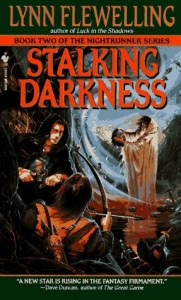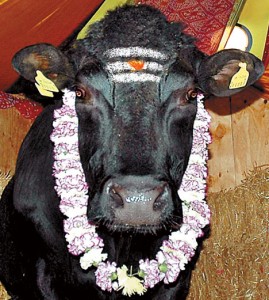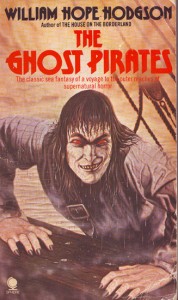Billboards depicting smart, well-dressed Indians enjoying soft drinks or cigarettes, or wearing the latest fashion creations, sheltered masses of naked homeless who lay wrapped in rags beneath their cheerful slogans. Roving throngs of orphaned children ran after the buses and wagons and rickshaws, chanting for coins or food or castoff objects. The stench of all this–the cooking, rotting, festering, putrefying–hung over the city like a malodorous cloud, reeking in the hot sun. To Spence it smelled like death. “The City of Dreadful Night,” said Adjani. “Look around you, my friend. You will never forget it.”
—Dream Thief by Stephen Lawhead
Your wretched D&D slum isn’t complete without a conspicuous-consumption foil to set it off. It might be a foppish noble and his retinue, scented handkerchiefs held to their nose, as they pick their way over the starving beggars; immense gates festooned with bronze cornucopias and grain sheafs; or cheerful torchlight and the sounds of music and laughter from the palace over the river as the poor townspeople die of plague or frostbite.
Also “The City of Dreadful Night” is not a bad name for your horrific D&D city. It’s the title of a pretty depressing poem about London as well as a pretty depressing Kipling story about an Indian city.












